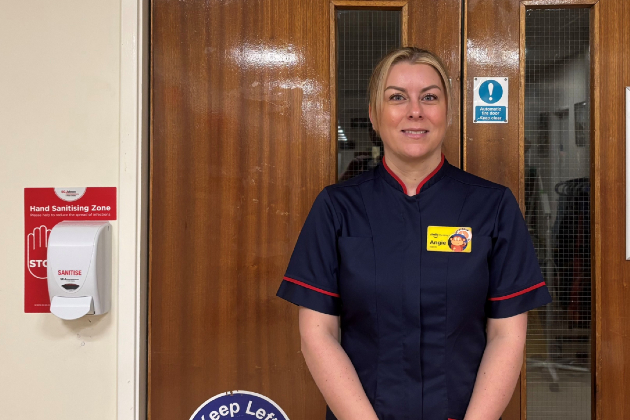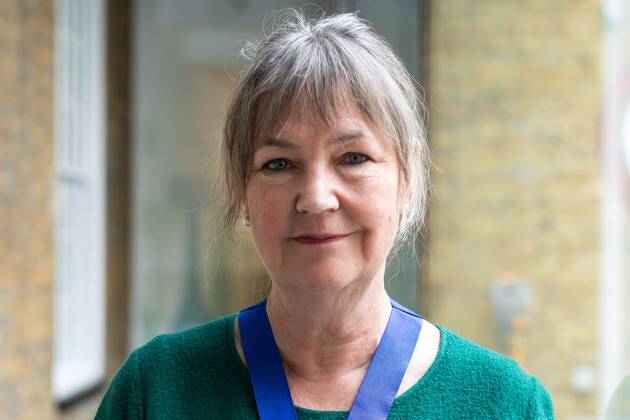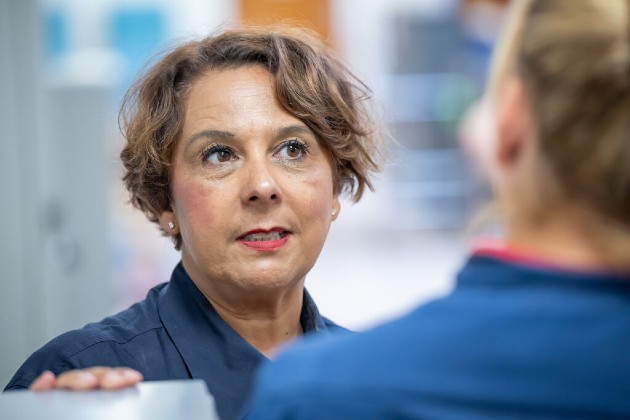I’d been working for the NHS for 17 years when I first started nursing in a care home eight years ago. I thought it would be an easier role. How wrong I was.
Care home nursing staff are knowledgeable and experienced in clinical situations. We can’t heal everyone, but we always consider peoples’ wishes and aim to provide the best care possible in the right setting.
Staff in care homes don’t want to admit people to hospitals for the sake of it. We don’t want to be forced into admitting patients because it’s the “safe” thing to do, or because someone’s fearful of making a mistake.
Trying to avoid hospital admission
There was a time I was caring for a resident who needed to be admitted to hospital. He had a reoccurring condition that meant he needed an urgent scan. I phoned 999 and the ambulance came quickly due to the severity of the situation.
Unfortunately, no one had told us the rules had changed. Now, for any resident admitted from a care home, we needed to have spoken to a clinician ahead of admission.
The unnecessary delay we faced was excruciating. It felt like such a blanket rule. What if someone was generally fit and well but needed an urgent hospital admission for an unexpected reason?
The paramedic felt upset that I’d challenged their decision, but the reality was, in this case, I knew the patient, and I knew what he needed. We needed to work together better, and we should’ve avoided a disagreement about the patient’s treatment.
New procedures need to be directly communicated to everyone, including those of us who work in care settings. We only ever phone 999 when it’s absolutely necessary.
Caring for a dying patient
Another time, I was nursing an unresponsive patient who was dying. My priority was providing care and dignity, but staff at the local GP surgery wanted to admit them into hospital. They were willing for us to phone 999 to get an ambulance to attend. I knew the resident could die on the way in or possibly in a corridor when they arrived at hospital.
Within a few hours, the resident died. But before this expected outcome, we were required to get help from hospital at home because staff in the GP surgery were fearful we might have been mistaken about the patient’s prognosis.
Working in partnership with staff in all health care settings is essential
By working together, we managed to avoid an ambulance transfer, but I admit I felt frustrated as all I really wanted to do was focus on caring for the resident and their family.
The uncertainty of the situation was felt by the patient’s family. They were distraught.
That day I cried, too. We all felt there had been a lack of trust in our judgement and care.
We can always work around a colleague being called away to deal with an emergency; that’s part of our roles. But being taken away from our work because we’re embroiled in an unnecessary challenge with another health care professional is a lot harder to accept.
Working together better
Working in partnership with staff in all health care settings is essential.
In our care home, anything that needs escalating is documented. We have a clear escalations plan for residents and try to avoid hospital admissions unless it’s necessary or the resident’s wish is to leave for active treatment.
We can always justify our actions and the reasoning behind them. I’d ask other health care staff to take a few moments to read the handovers we send them with our patients. They’ve been written with the best interests of the individual in mind and may include key information, such as DNR (do not resuscitate) documentation.
We all want what’s best for our residents and patients, so let’s work together to make this happen.
Further information
- Read: Corridor care: the impact in care homes
- Find out why nursing student Tyler Kirkham thought his pivotal placement in a care home far exceeded his expectations.








